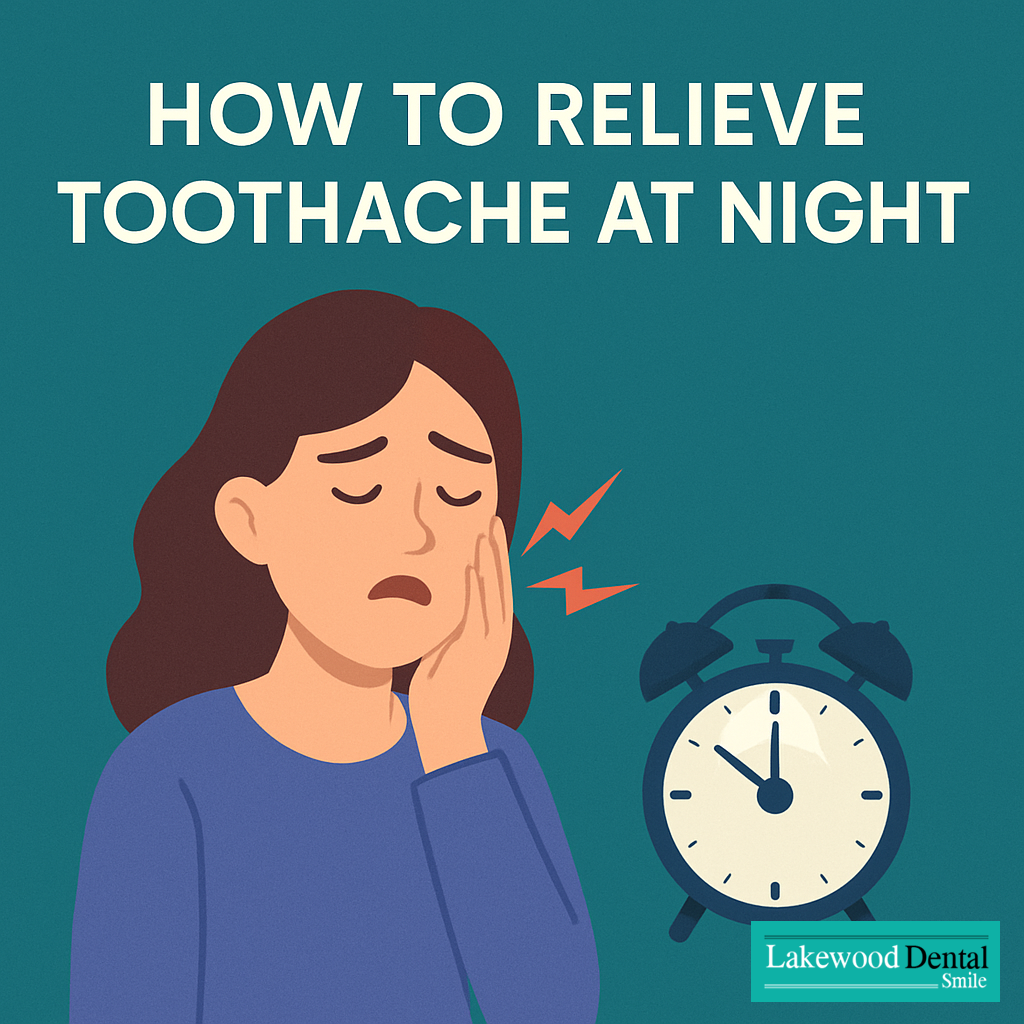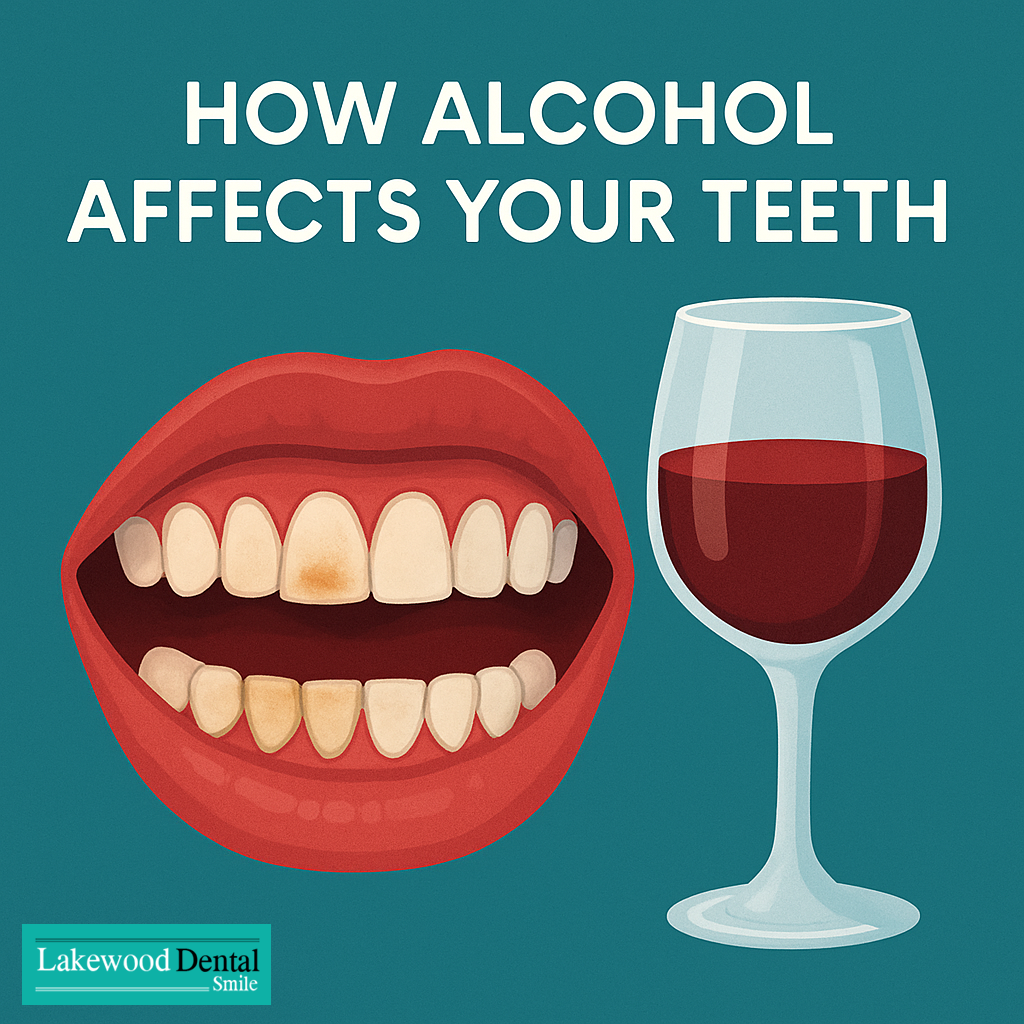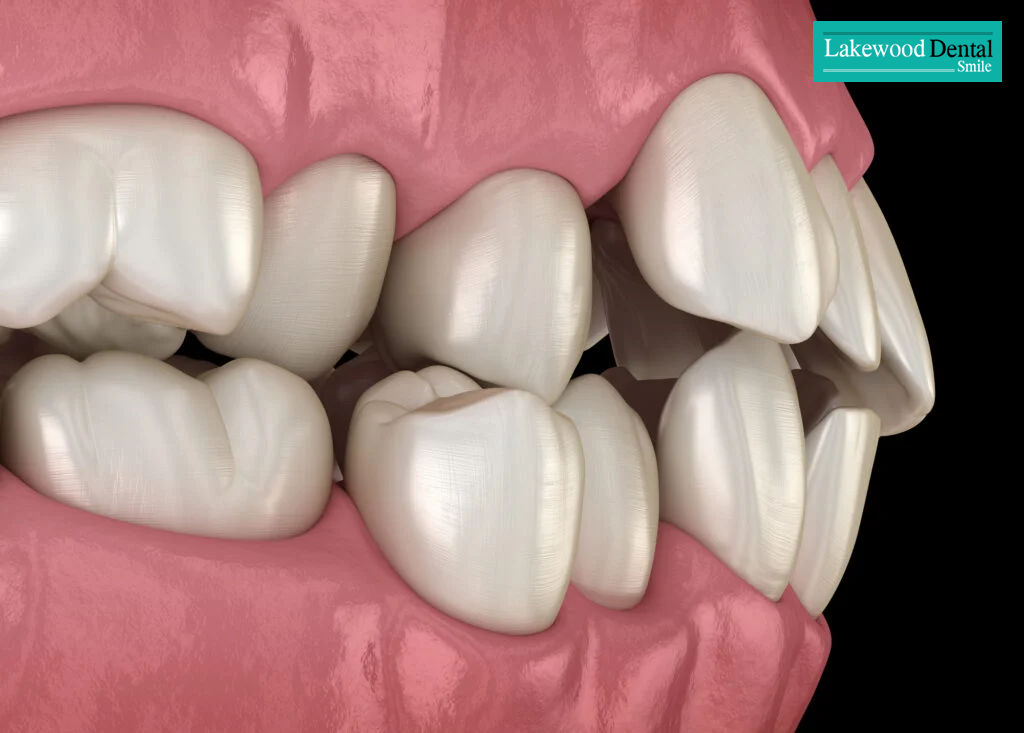A nighttime toothache can feel like a nightmare — not only does it disrupt your sleep, but it can also lead to several negative effects on your overall well-being. Below are some simple home remedies you can try to ease the pain and get some much-needed rest.

Pain management
Toothache relief at night often focuses on managing pain until professional treatment is available. Here are a few effective ways to reduce discomfort:
– Use pain relievers: Over-the-counter medications like aspirin or ibuprofen can help relieve mild to moderate tooth pain.
– Apply a numbing cream: Over-the-counter oral numbing gels can temporarily suppress pain, helping you fall asleep.
– Keep your head elevated: Prop yourself up with an extra pillow. Lying flat can increase blood flow to your head, which may intensify the pain.
– Avoid acidic or cold foods before bed: These can aggravate cavities and sensitive areas, worsening the pain.
– Rinse with mouthwash: An alcohol-based mouthwash can help sterilize your mouth and provide temporary numbing effects.
– Use a cold compress: Apply an ice pack wrapped in a cloth to the painful side of your face for 15–20 minutes before bed. This can help numb the area and reduce inflammation.
Natural Remedies for Toothaches
Several natural remedies may help ease tooth pain at home. While these options can offer temporary relief, they should not replace professional dental care. Some commonly used natural remedies include:
– Clove – Contains eugenol, a natural anesthetic with anti-inflammatory properties.
– Guava leaves – Known for their antimicrobial and anti-inflammatory effects.
– Pear seed and bark – Traditionally used in some cultures to reduce tooth pain.
– Sunflower leaves – May help reduce inflammation when used as a rinse.
– Tobacco leaves – Sometimes used traditionally, but caution is advised due to potential health risks.
– Garlic – Contains allicin, a natural antibacterial compound that may help reduce pain and infection.
Always be cautious of allergies or sensitivities to any plants or essential oils used in these remedies.
What Causes Toothaches?
Toothaches can result from any condition that affects the teeth, gums, or even surrounding structures. In some cases, pain felt in the mouth may actually originate from other parts of the body. Common causes of toothaches include:
– Injury to the mouth or jaw due to physical trauma to the face
– Sinus infections, which can create pressure and pain in the upper teeth
– Tooth decay, which can expose the nerves and cause sharp pain
– Food particles or debris stuck between teeth, creating pressure and discomfort
– Temporomandibular joint (TMJ) disorders, which may lead to referred tooth pain
– Gum disease, such as gingivitis or periodontitis, causing inflammation and soreness
– Teeth grinding (bruxism), especially at night, which can lead to increased tooth sensitivity and pain
When to See a Dentist
If your tooth pain becomes unmanageable, even after trying the remedies mentioned above, it’s time to see a dentist. The appropriate treatment will depend on the underlying cause of the pain.
For example:
– If there’s a crack, chip, or injury, your dentist may recommend a filling or root canal.
– If the pain is caused by a sinus infection, a course of antibiotics may be prescribed.
If you’re located in Dearborn, Michigan, consider scheduling a visit with Lakewood Dental Smile — a trusted name in comprehensive dental care. Don’t wait for the pain to worsen — book your appointment today!





